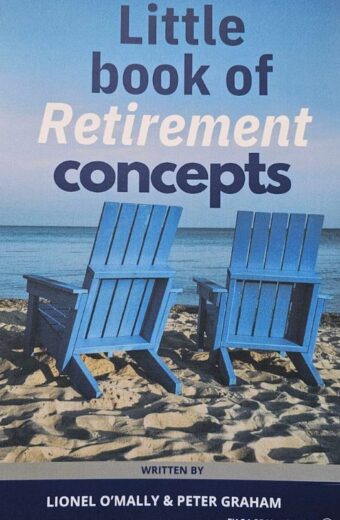Written by Sarah Davis
A key challenge of the transition is giving up the notion that our time should be, ought to be structured in some way. In fact, giving up ‘should’ and ‘ought’ in our language is a good starting point. We won’t of course give them up entirely; we will still have to, or want to, honour some obligations to people, family, and friends, and commitments we have made. But notice how often ‘should’ or ‘ought’ comes into our language: treat them like weeds to be tackled continuously, in order to make room for flowers to grow!
So, it is sensible not to rush into making firm decisions about how we will use our new freedom. We may have been more tired than we realised when we left work, so we should take time to recover. Let the adrenalin that has kept us going calm down! We need to take time to reconstruct our new identity. Let’s reflect on what we haven’t been able to do in the past five years, and set out to taste some of these interests, to see if they are sustainable, or mere chimeras. It might be tempting to accept offers of part-time work, or the well- trodden path of external consultant role in our former work field. But before we do, let’s consider whether we are doing so through ego, genuine financial need, or a lack of clear alternative ideas for things to do?
Six months to a year is a good time to relax and evaluate what you want to do next. If you must have a plan, be prepared for it to be tentative, and be ready to abandon it without guilt if it proves unsatisfying. It’s a good idea to keep some previous work contacts going, and certainly to reinvigorate long-term personal friendship networks; but it’s sensible to avoid setting expectations up with people that will give you a guilty conscience later when you find you can’t or don’t want to keep them up.
Make the most of the opportunities that retired status brings. We all joke about the free bus pass, and the senior railcard, but try them out with some retired pals! Apart from being environmentally friendly, you will find yourself among groups of people in similar circumstances. We all naturally gravitate into ‘tribes’ and the ‘retired tribe’ is a very diverse and interesting group, who recognise each other’s needs and circumstances, especially our generation of baby boomers; and even at the casual level of contact this can help foster that new sense of identity we are looking for. Find out which cinemas, theatres, museums, etc. offer concessionary entrances at dedicated sessions, and what local courses are on offer at reduced rates or even free.
Keeping fit and well is an important consideration; but we don’t all appreciate the assumption that we should all go to the gym in our newfound spare time! We have suggestions for you in our Healthy Living secion on what you can do to sustain your health and even improve it
There are organisations that can support us in developing our talents and interests in retirement. For example, the University of the Third Age offers both online information and local social and learning networks, with diverse interest groups you can join.

